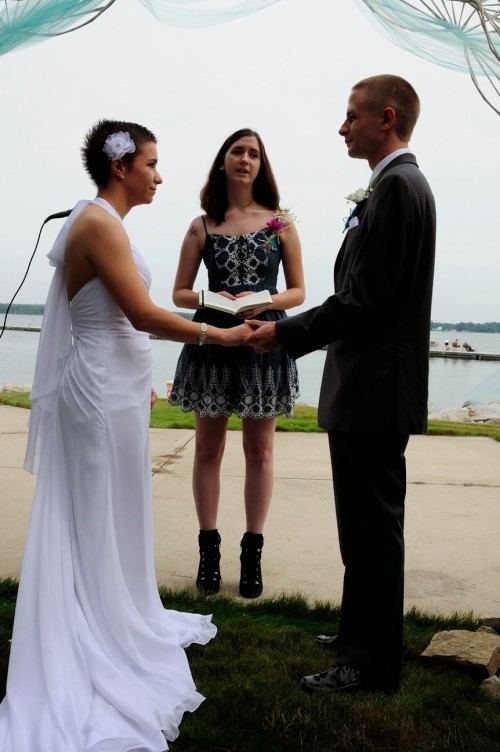Some people think that criticizing atheists is offensive and wrong. Therefore, I have to institute some new policies here.
You are no longer allowed to disagree with me. If you do so, you are being divisive.
This rule applies everywhere. Not only are you not allowed to disagree in my comments, but if you write a single contrary word elsewhere, you are guilty of fomenting a witch hunt. If you disagree in any way, then I will indignantly declare you guilty of making me witch of the week.
If two or more of you disagree with me at the same time, that is indisputable evidence of a conspiracy. Atheists cannot find independent cause to disagree with your Leader — we agree on everything — and besides, you are only allowed to exalt me.
I’m sure you will find all these new rules agreeable, because not doing so is a sign that you are making Drama, which is bad, and failing to support unquestioning loyalty, which is unforgivable.
Hail Me, and the Glorious Leadership.
There will be no questions. Obey.



